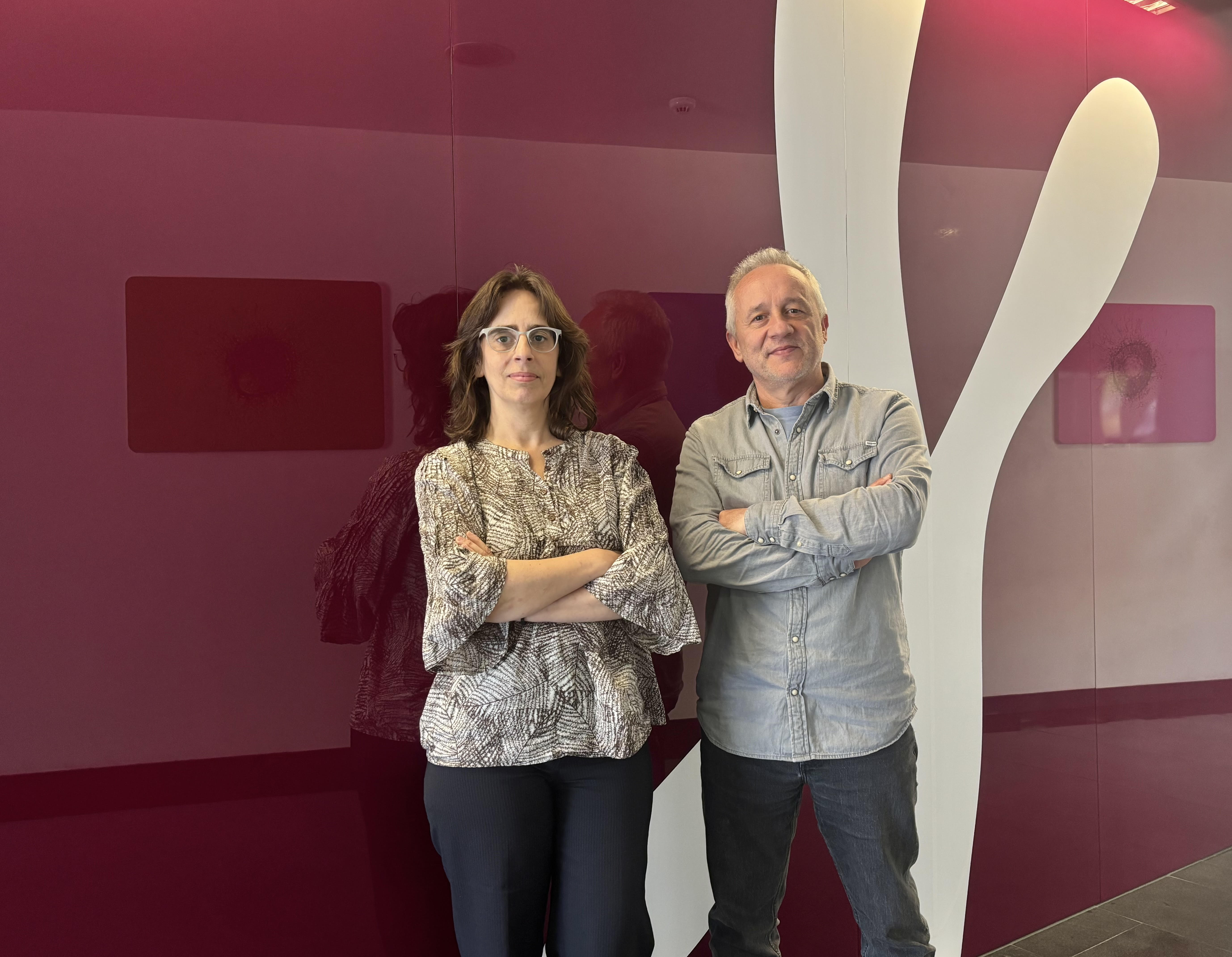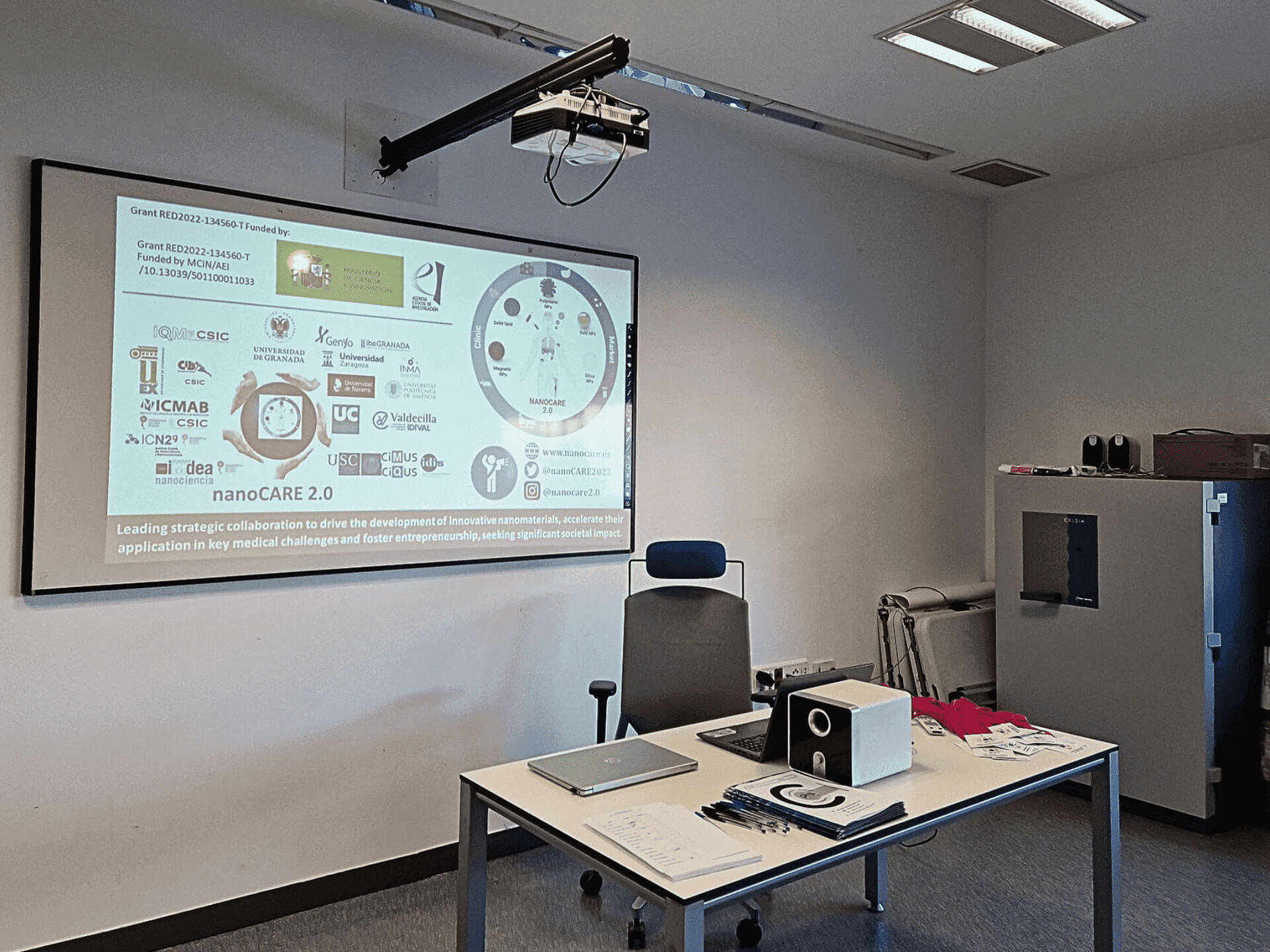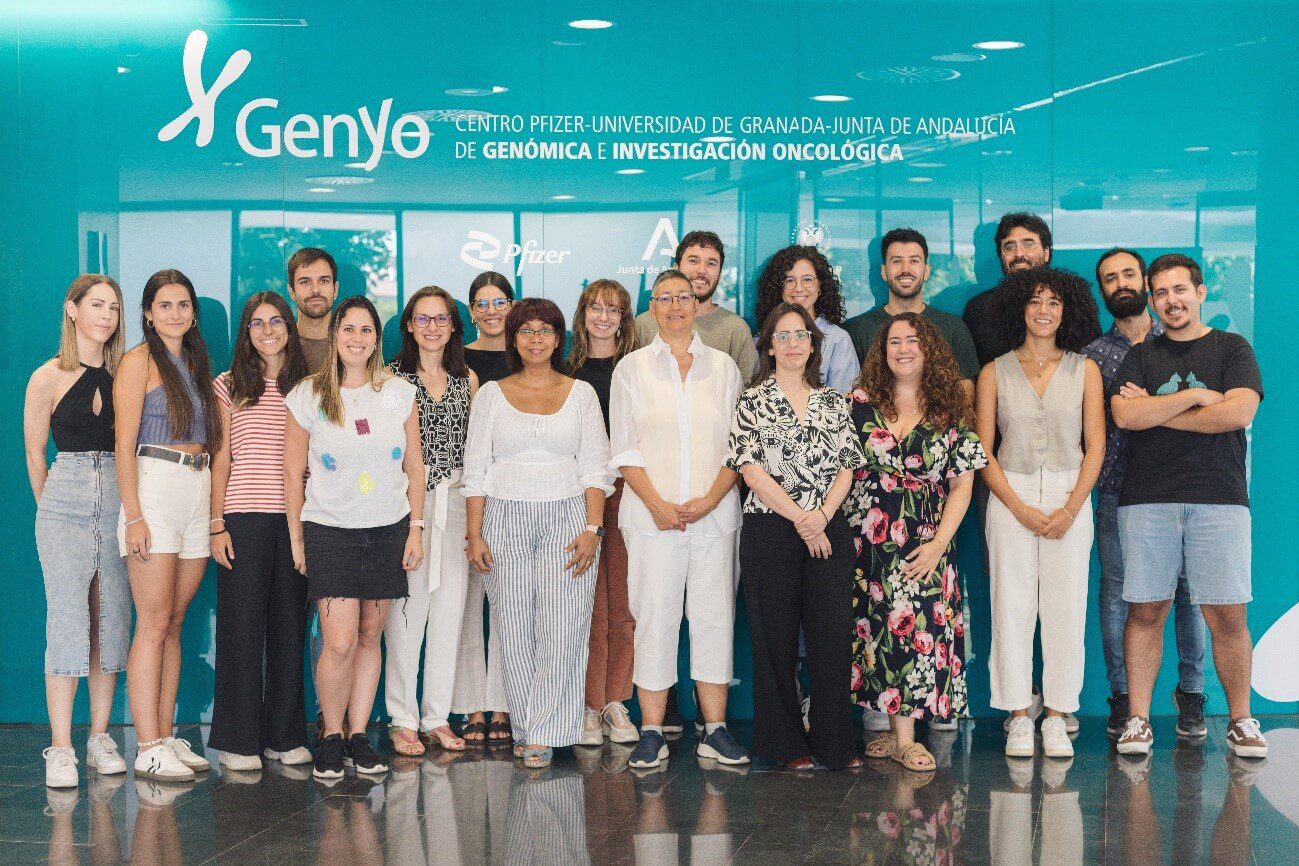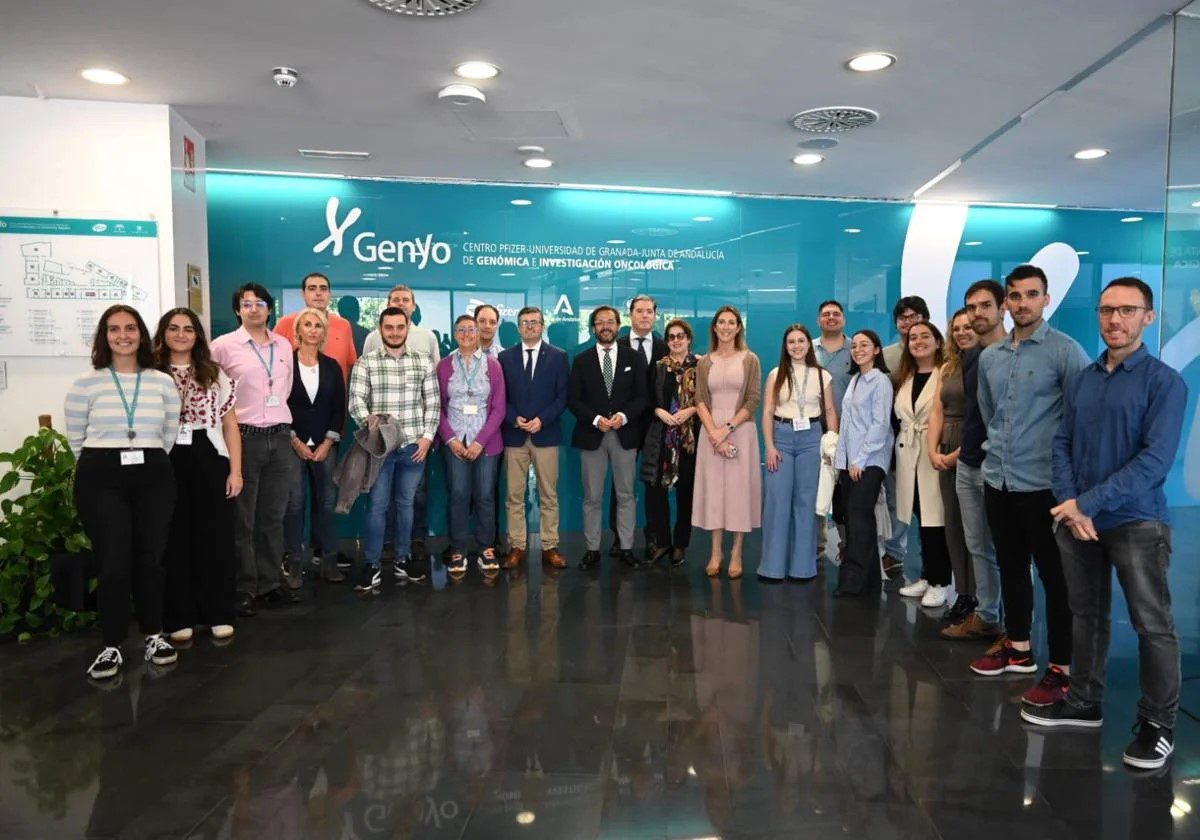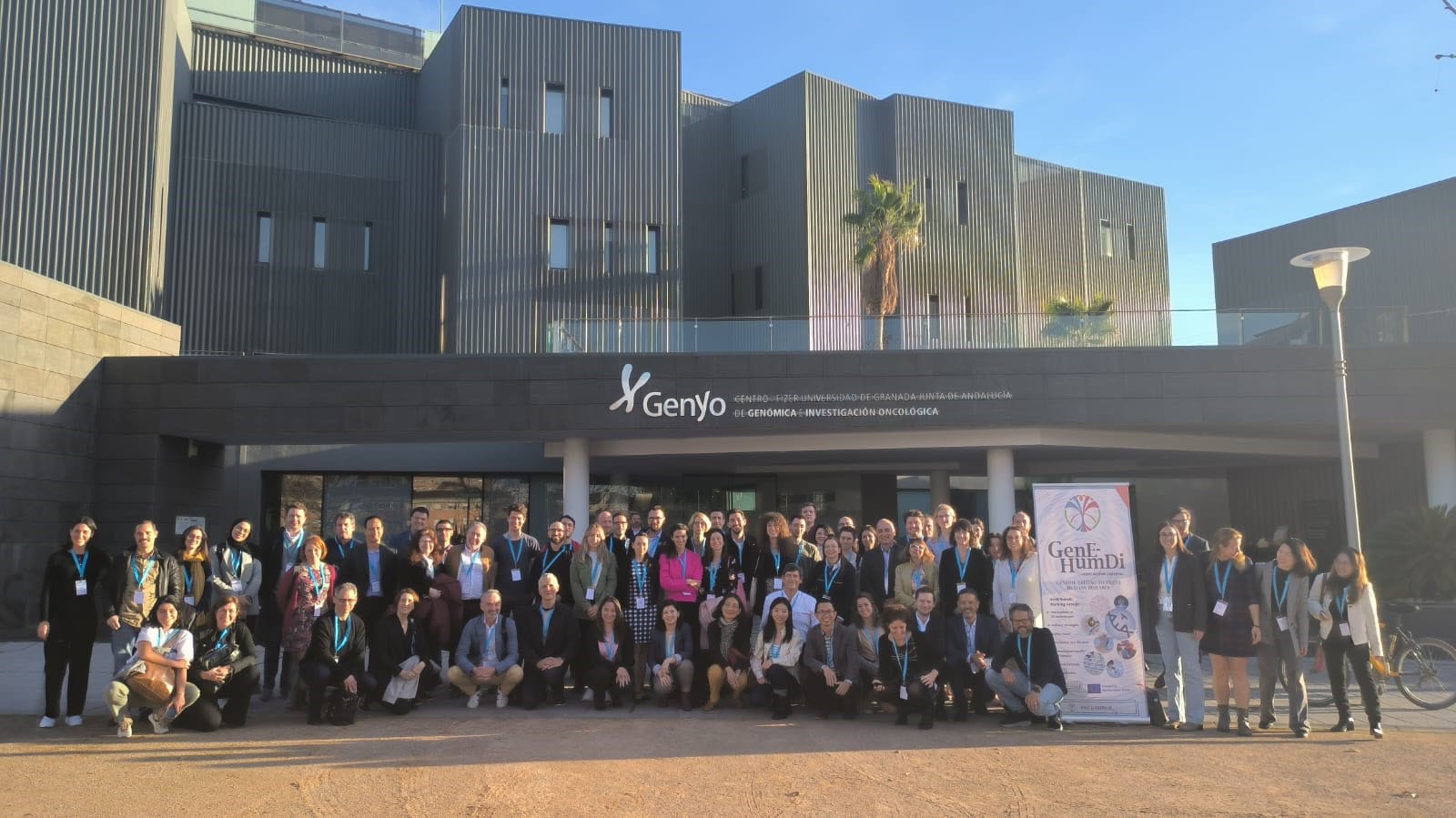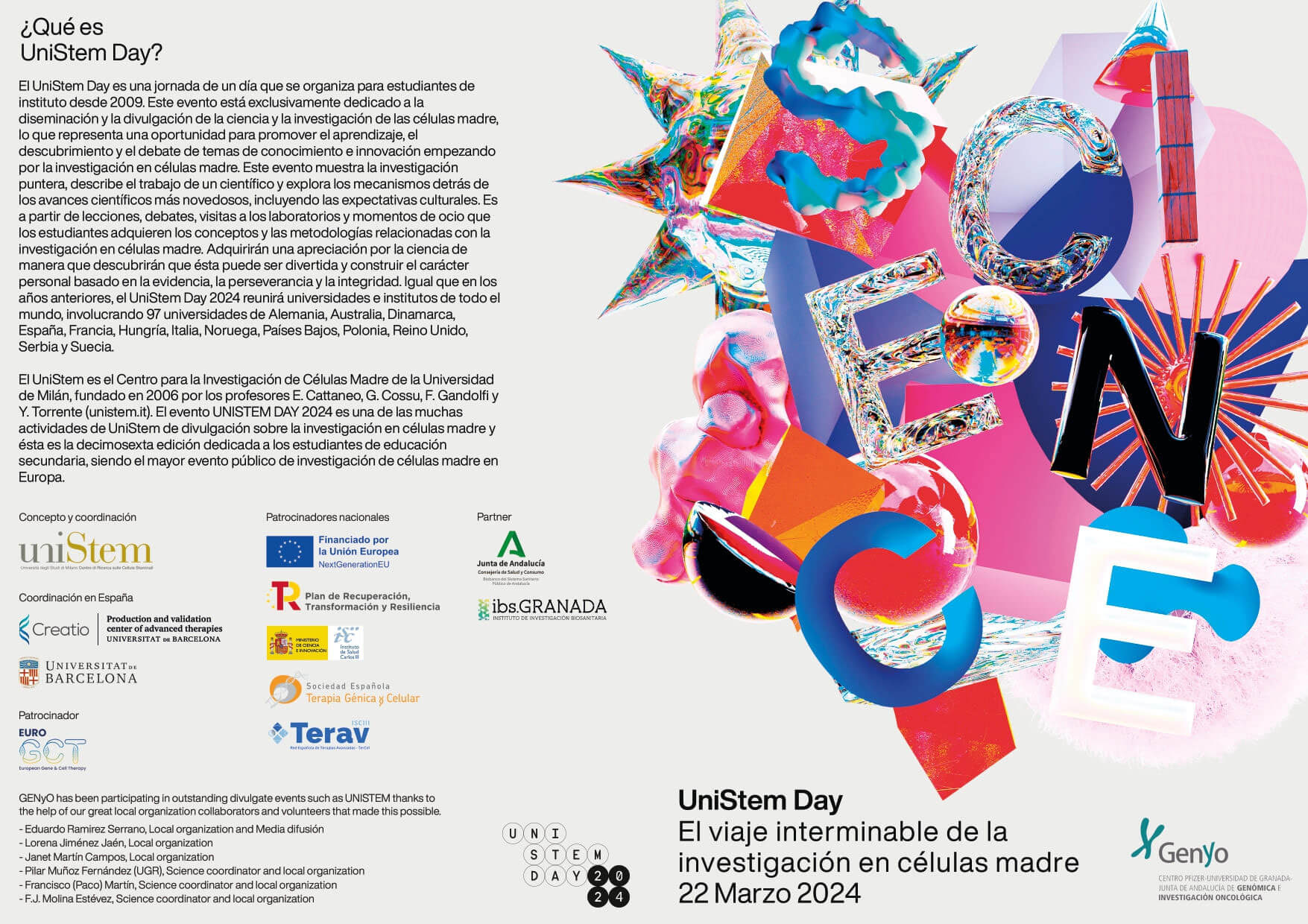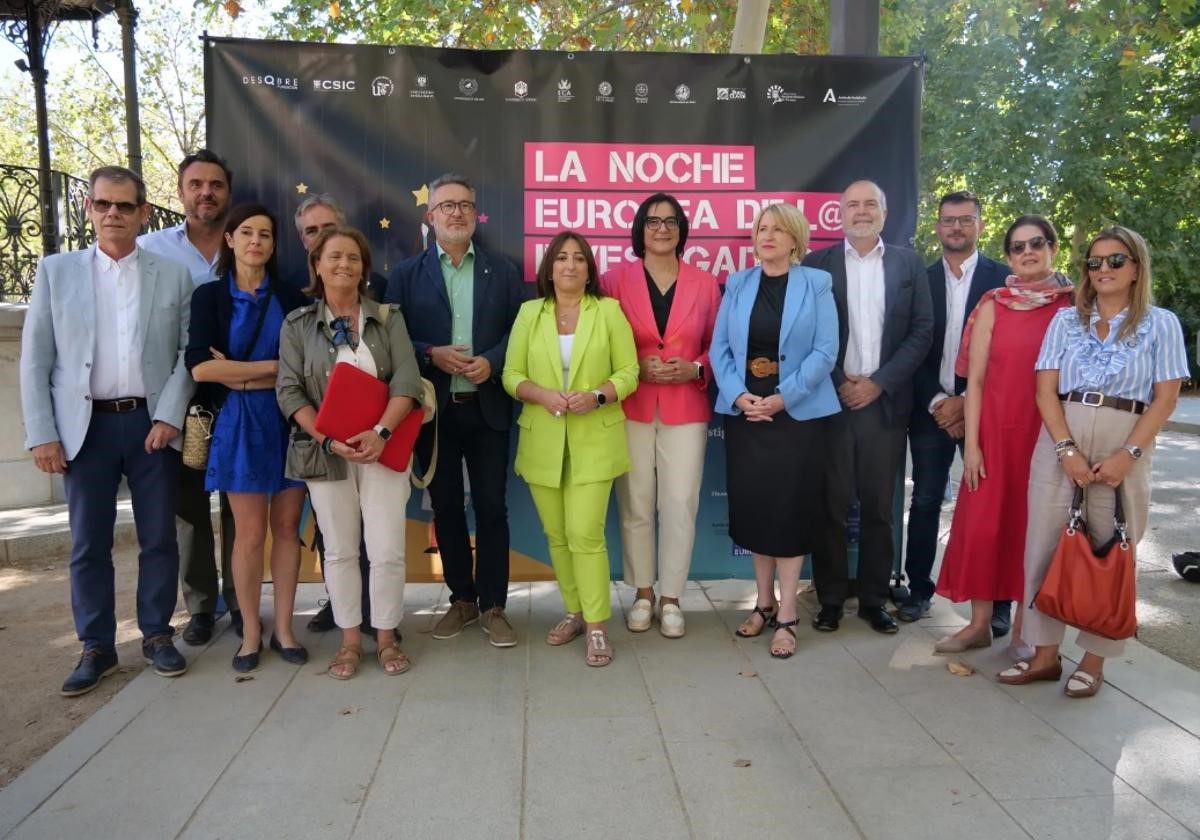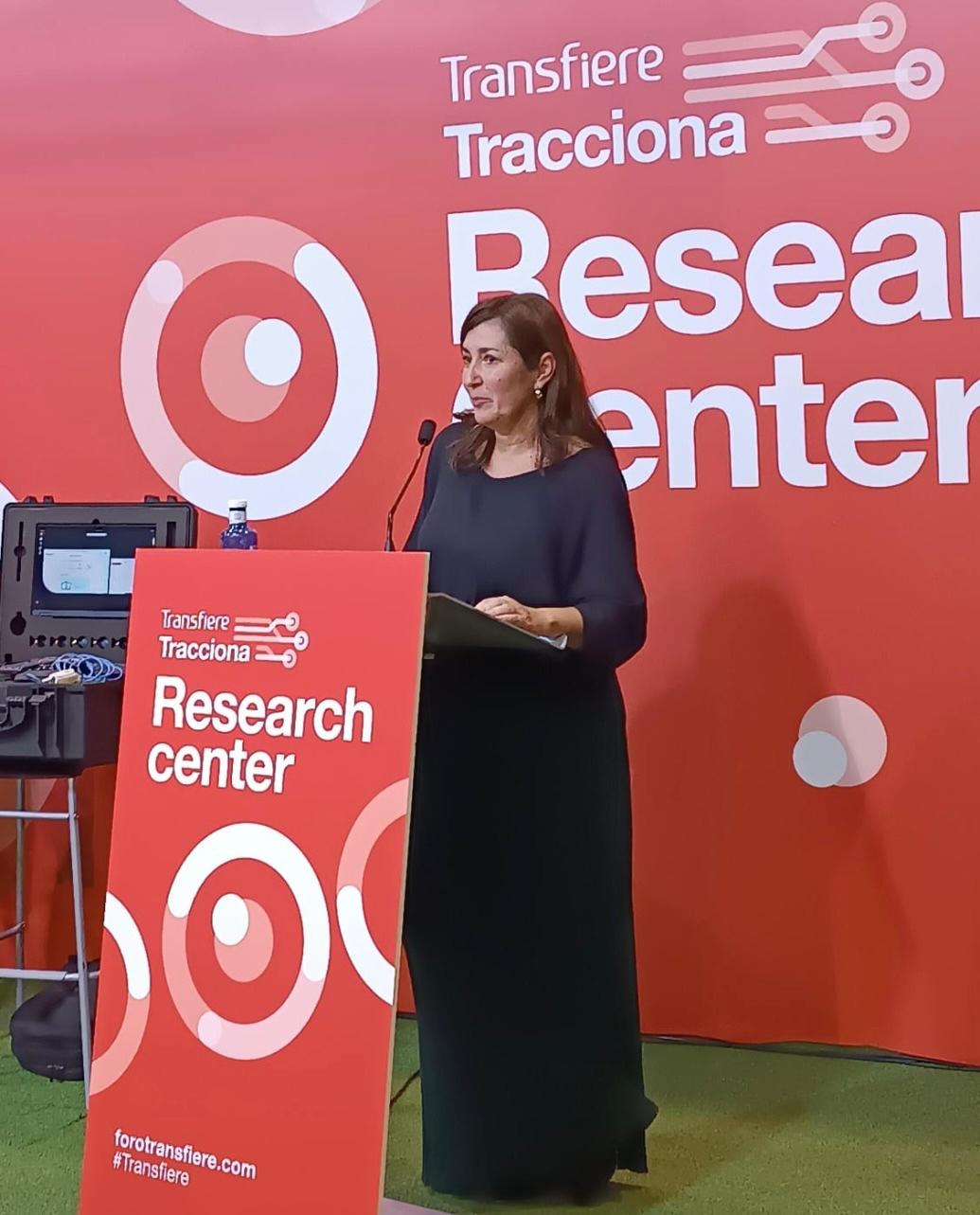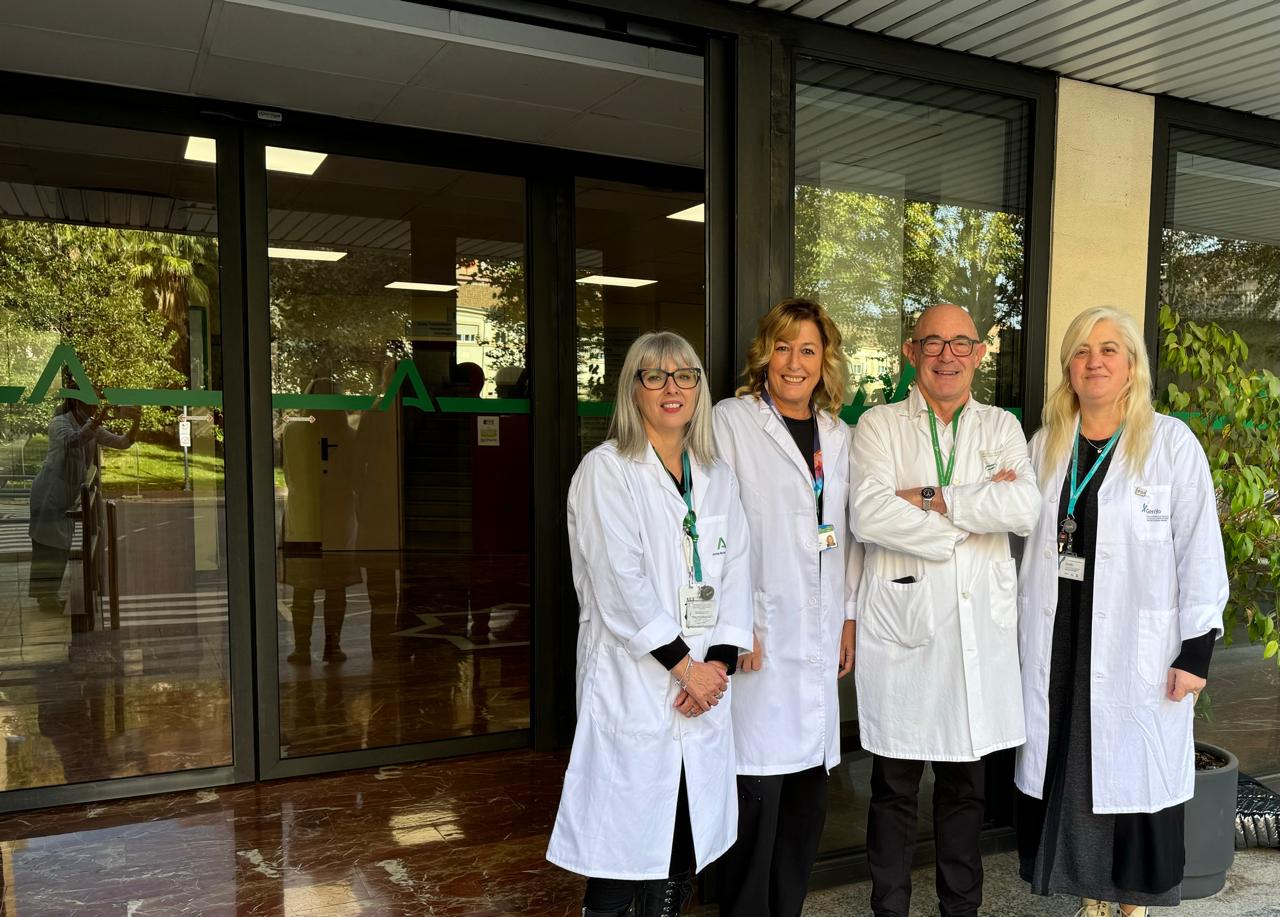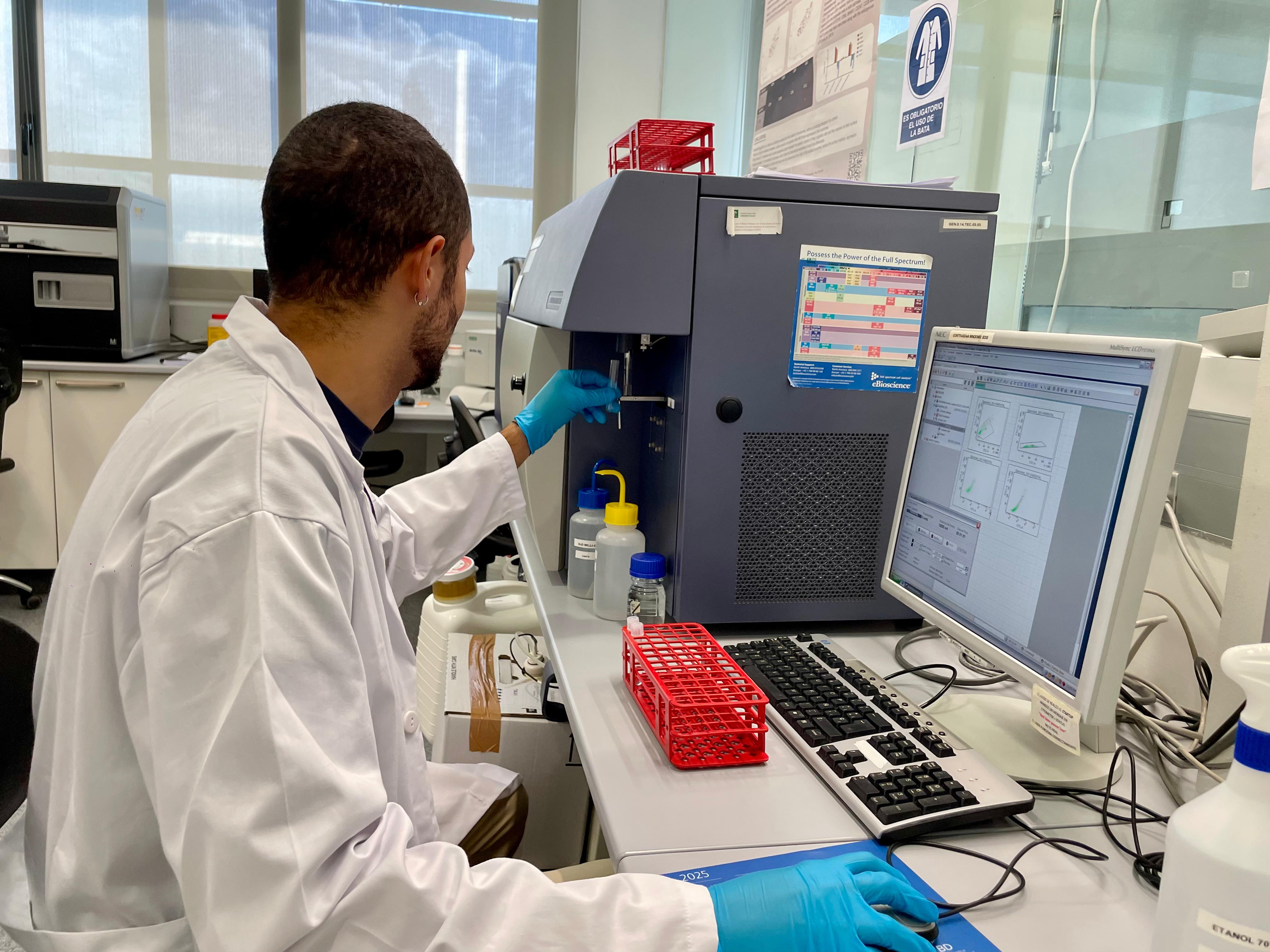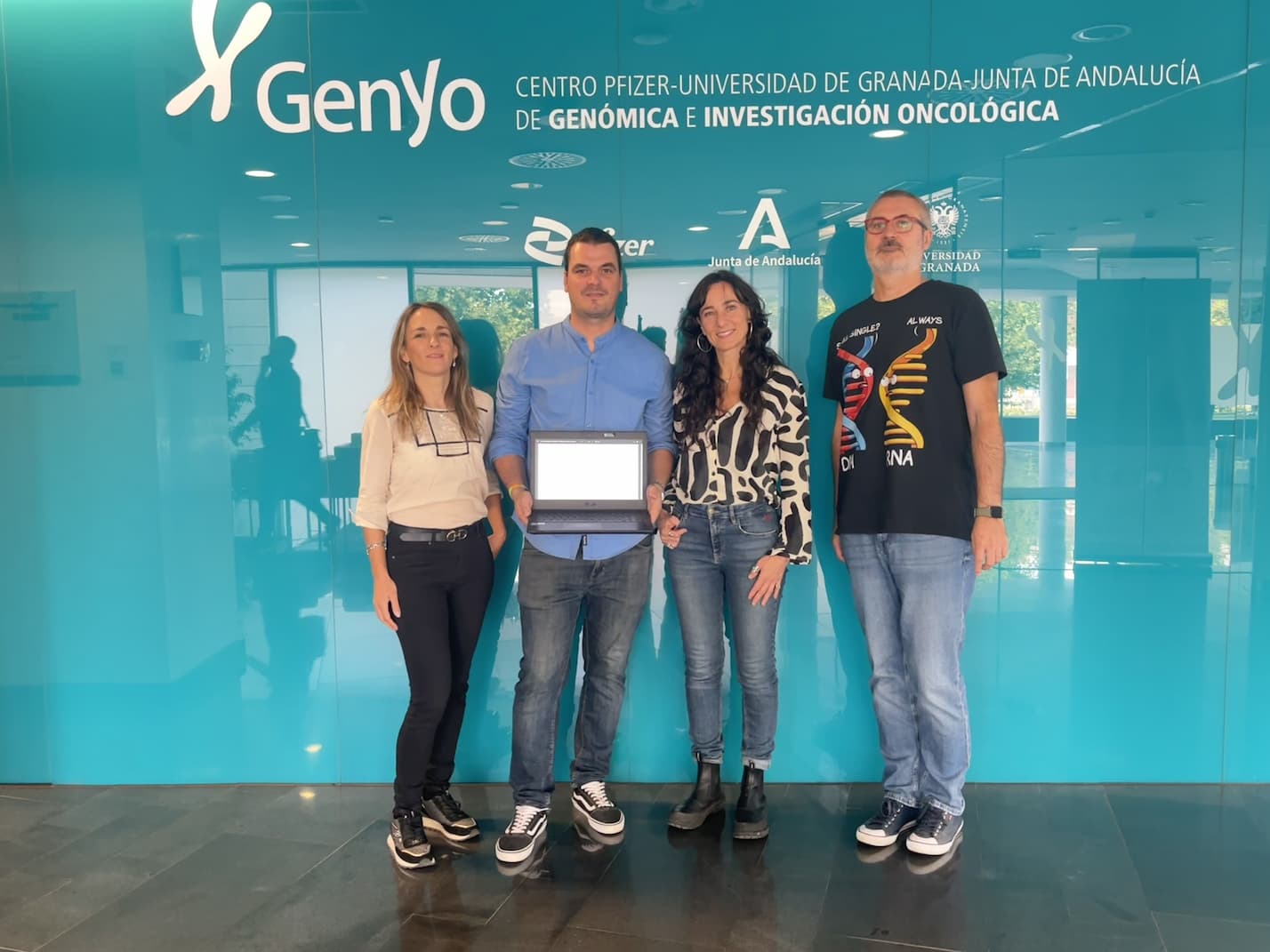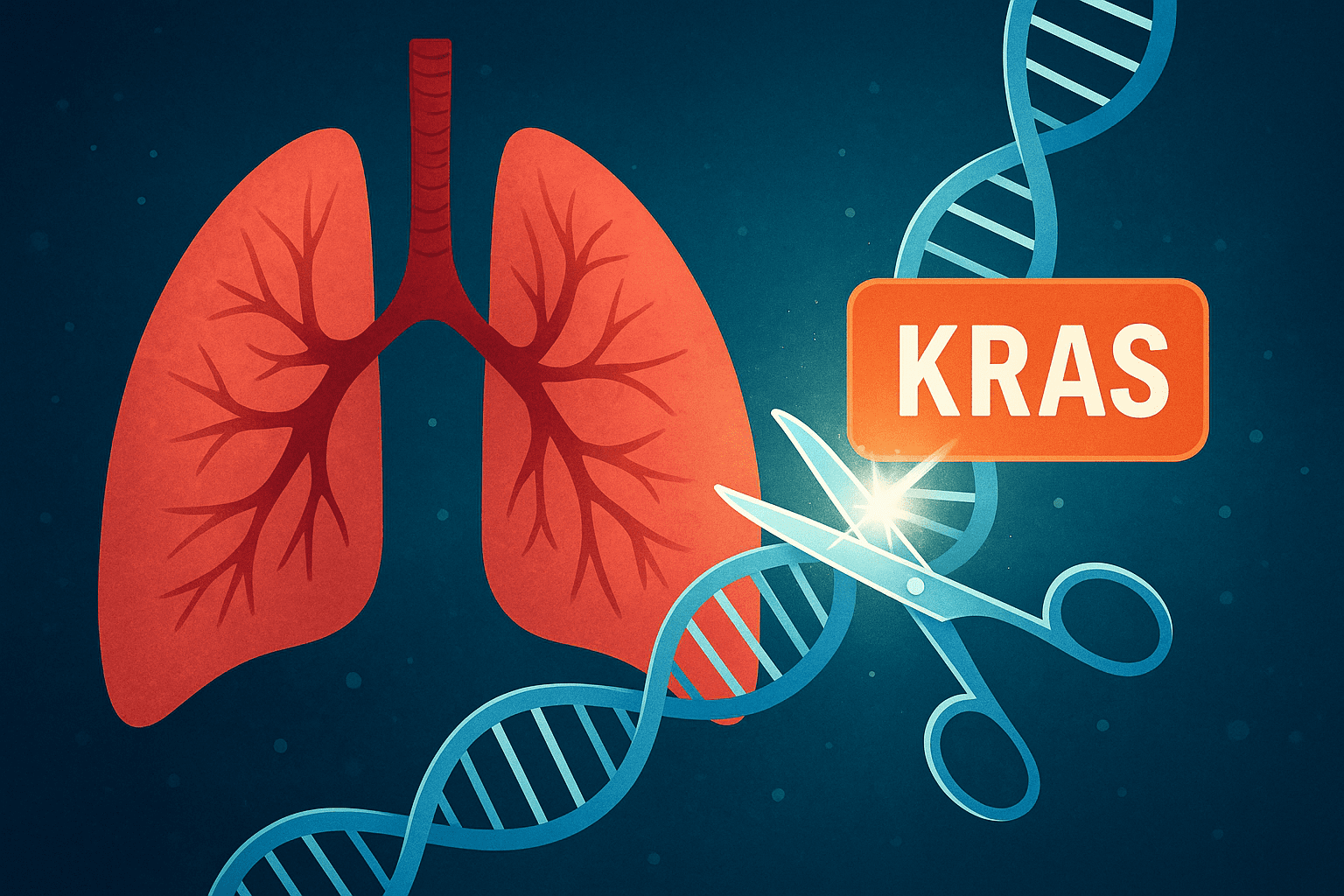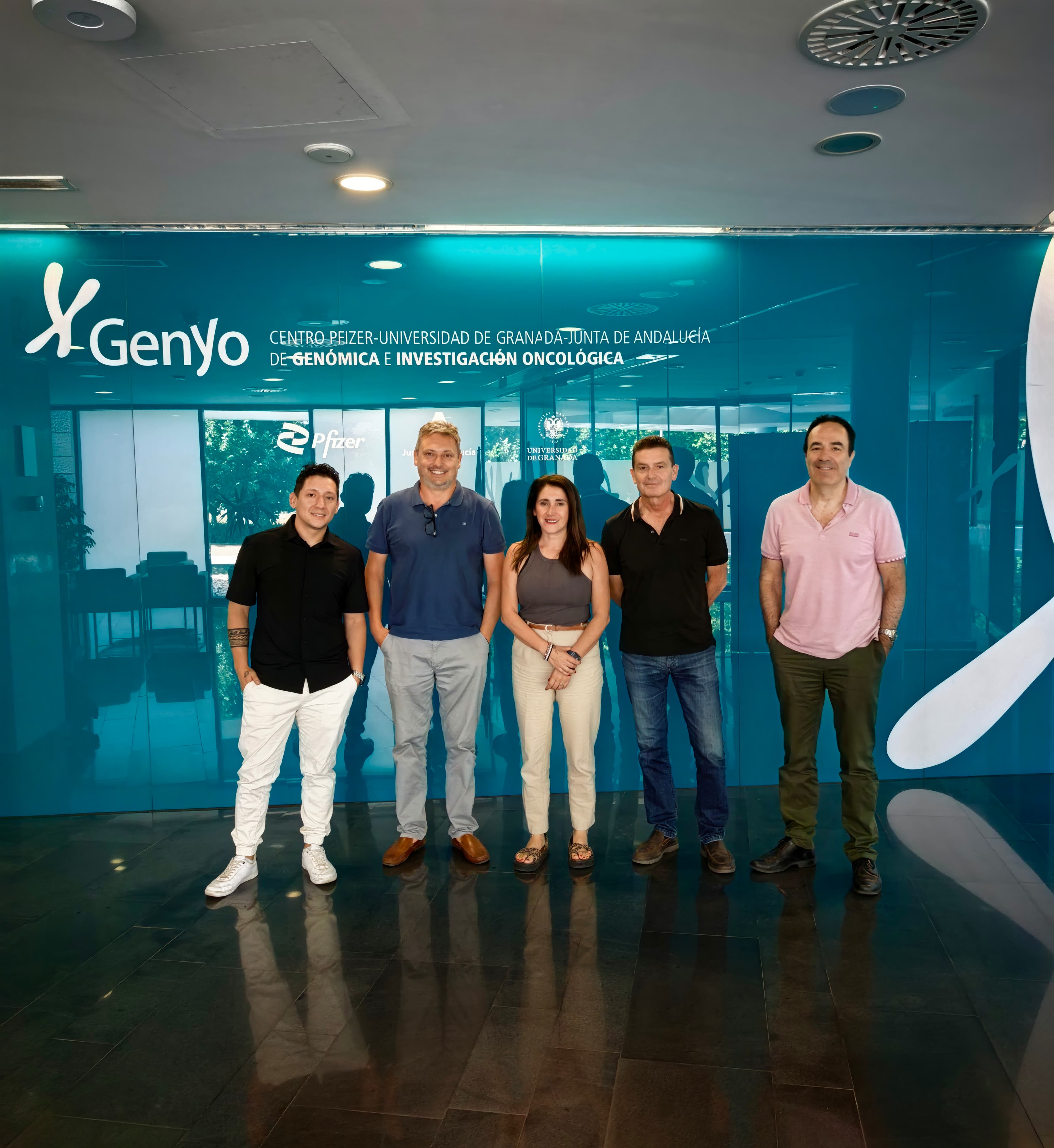
There are no projects in the garbage can.
Dr. Juan Carlos Rodríguez-Manzaneque and Dr. Concepción Marañón Lizana, responsible researchers who lead the participation of Fundación Progreso y Salud in the EVEREST project.
Through the study of these vesicles, early diagnosis and targeted treatments for diseases such as cancer and inflammatory pathologies could be transformed.
Extracellular vesicles (EVs) are small structures that act as messengers between cells transporting proteins, lipids and nucleic acids.
The Regional Ministry of Health and Consumer Affairs, through researchers from the Progreso y Salud Foundation in GENyO, is participating in the European project EVEREST, which brings together 21 reference institutions in 11 countries to study the innovative potential of extracellular vesicles (EVs) in the early diagnosis and treatment of some diseases such as cancer and autoimmune and inflammatory pathologies.
These vesicles, small ‘information pills’ released by cells, transport proteins, lipids and nucleic acids over long distances, playing a key role in cell communication. By their nature, they could transform early diagnosis and the development of personalised treatments for high-impact diseases such as cancer and immune-mediated pathologies.
The researchers responsible for leading the participation of the Progreso y Salud Foundation in the EVEREST project are Juan Carlos Rodríguez-Manzaneque and Concepción Marañón Lizana, who work at the Pfizer-University of Granada-Junta de Andalucía Center for Genomics and Oncology Research (GENyO). Both of them and their research groups will collaborate in the development of several key work packages of the project, such as the standardization of the isolation and characterization of EVs; the investigation of their role in health and disease for the identification of new biomarkers; the development of innovative therapies based on EVs and their application in drug delivery; as well as the promotion of strategies for technology transfer and the commercialization of EV-based solutions.
See more news


